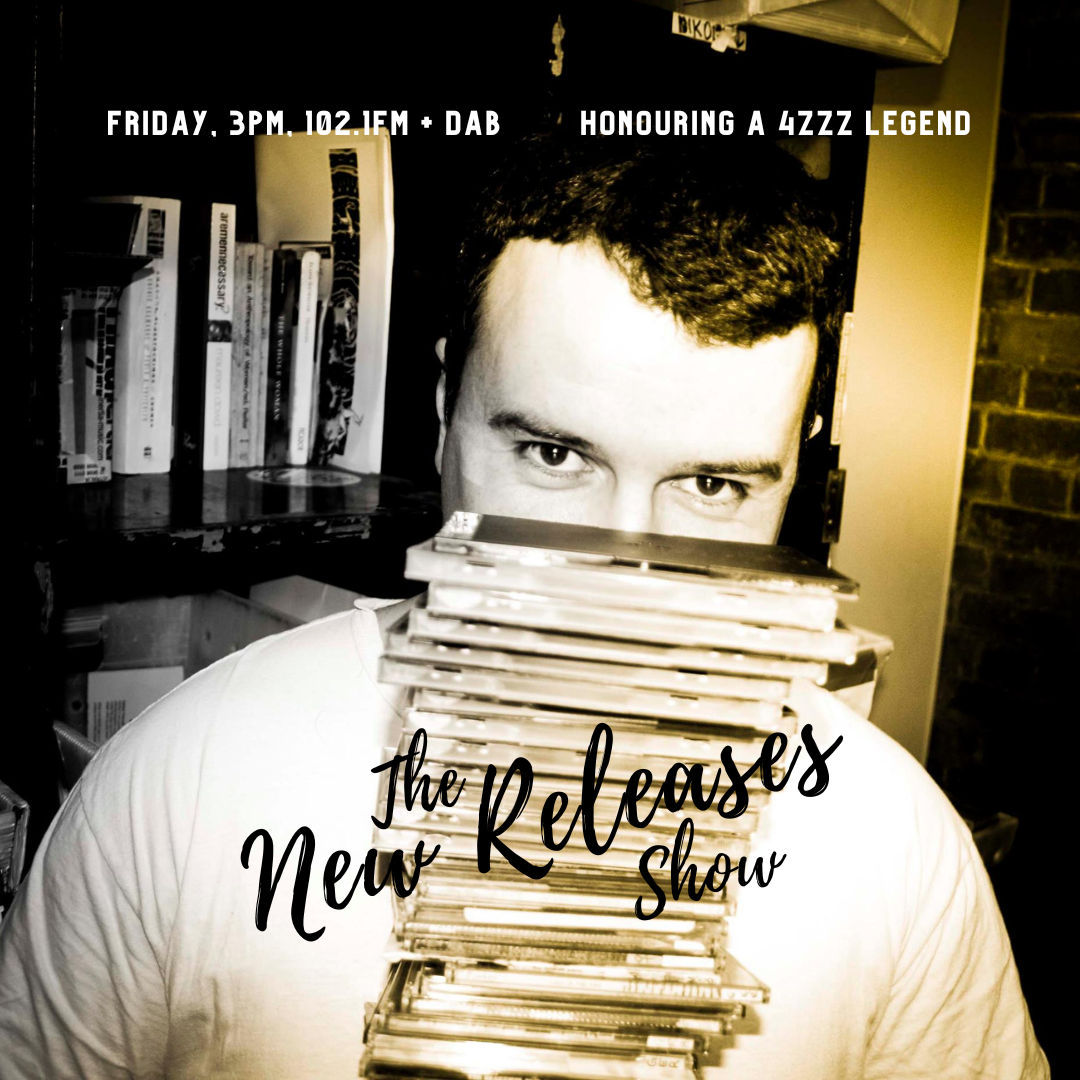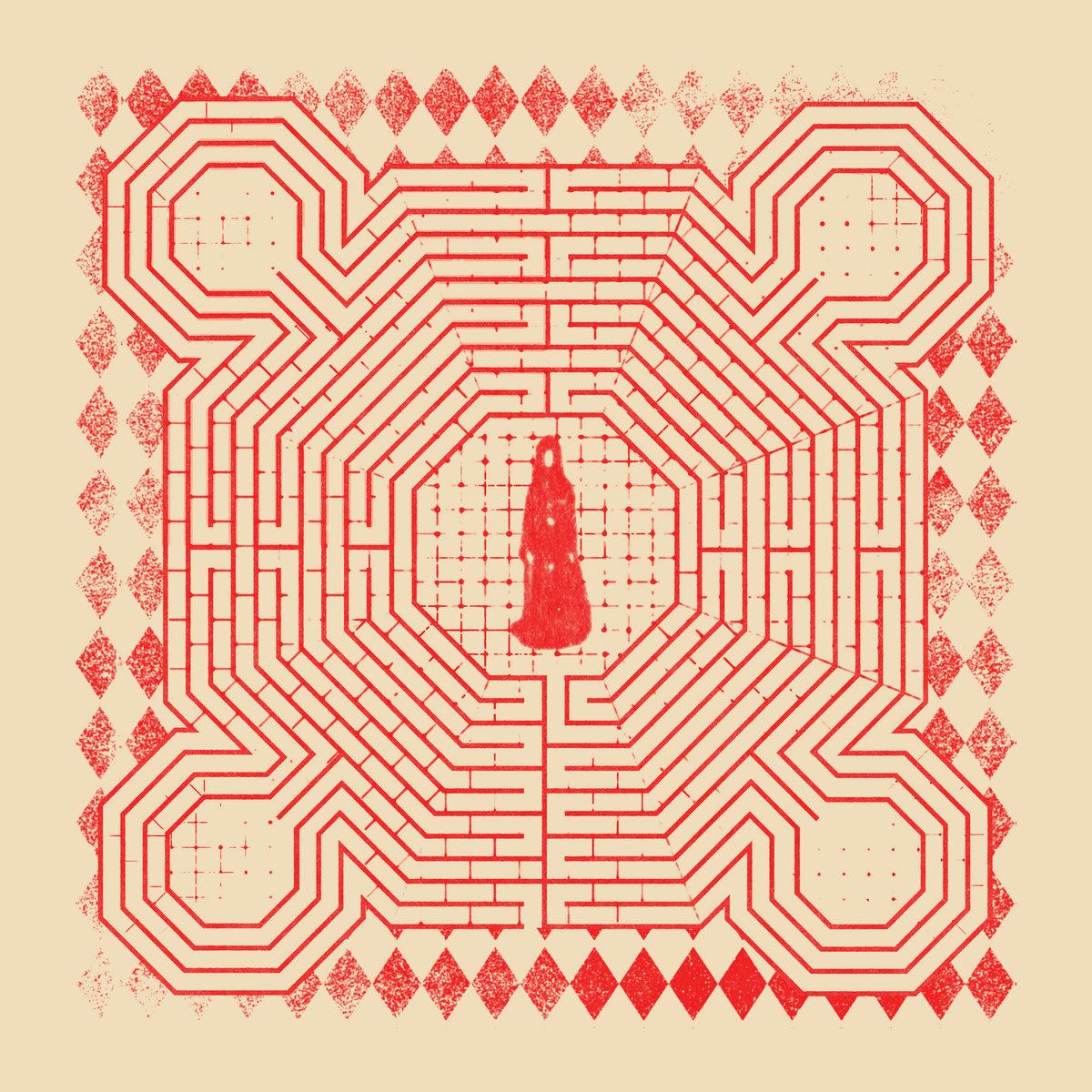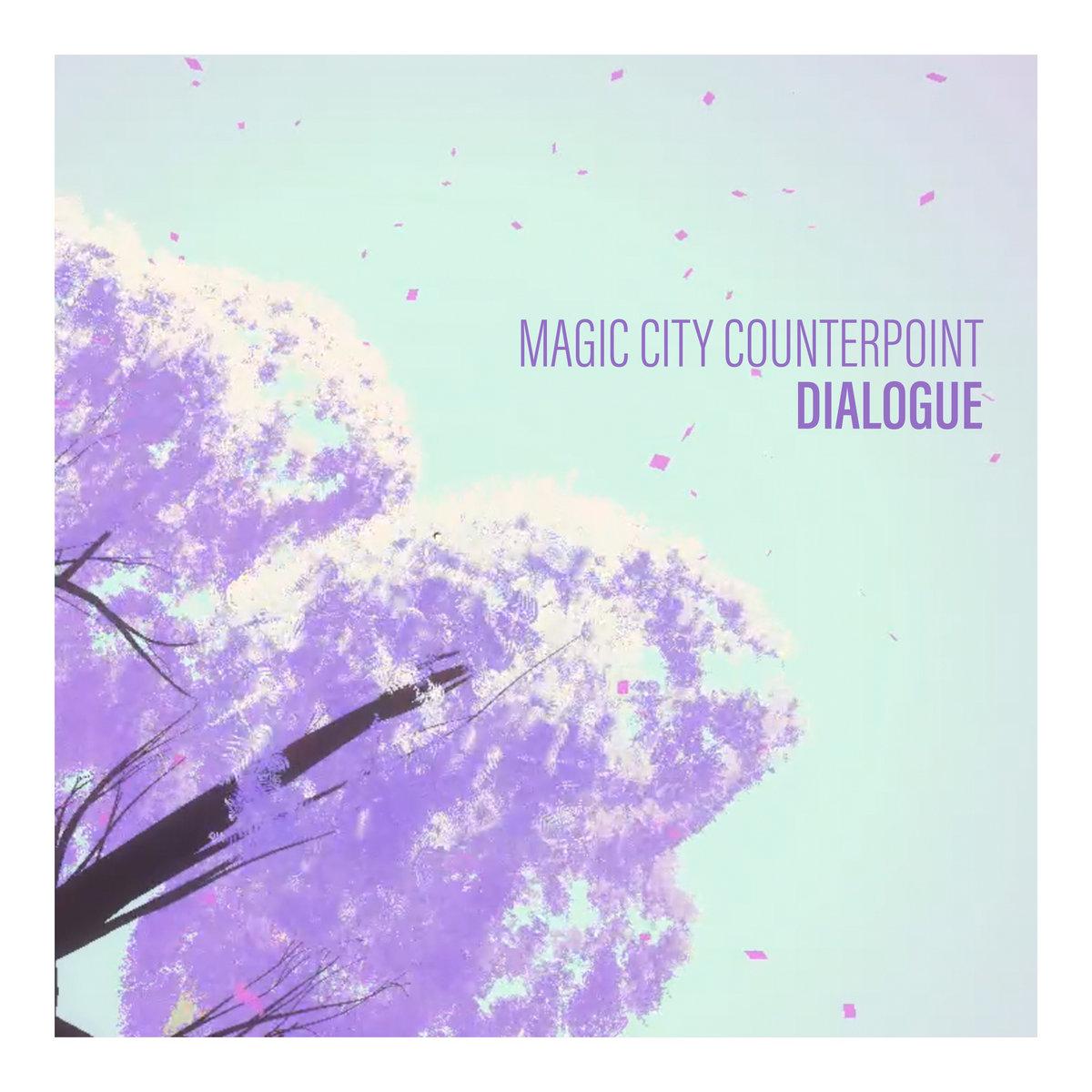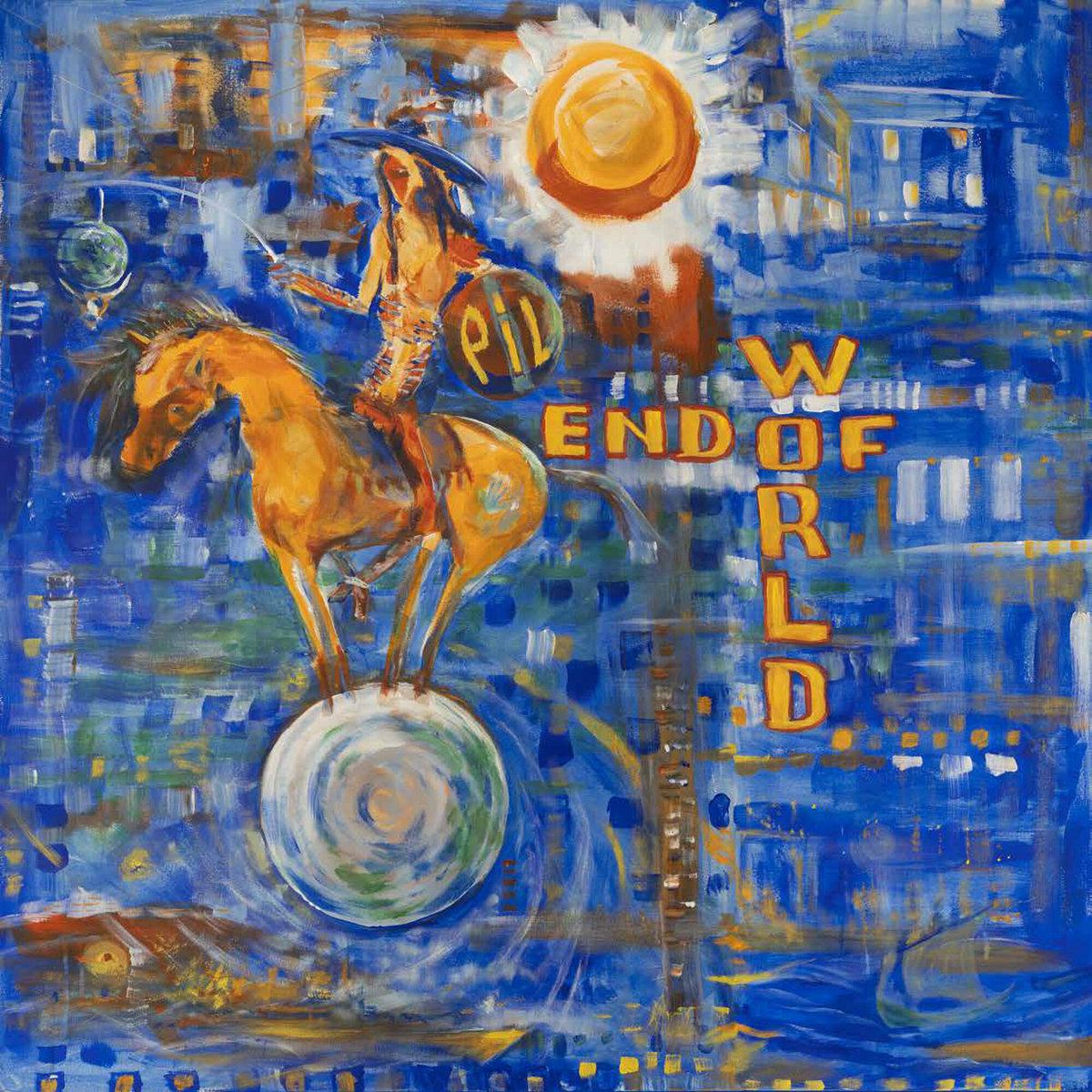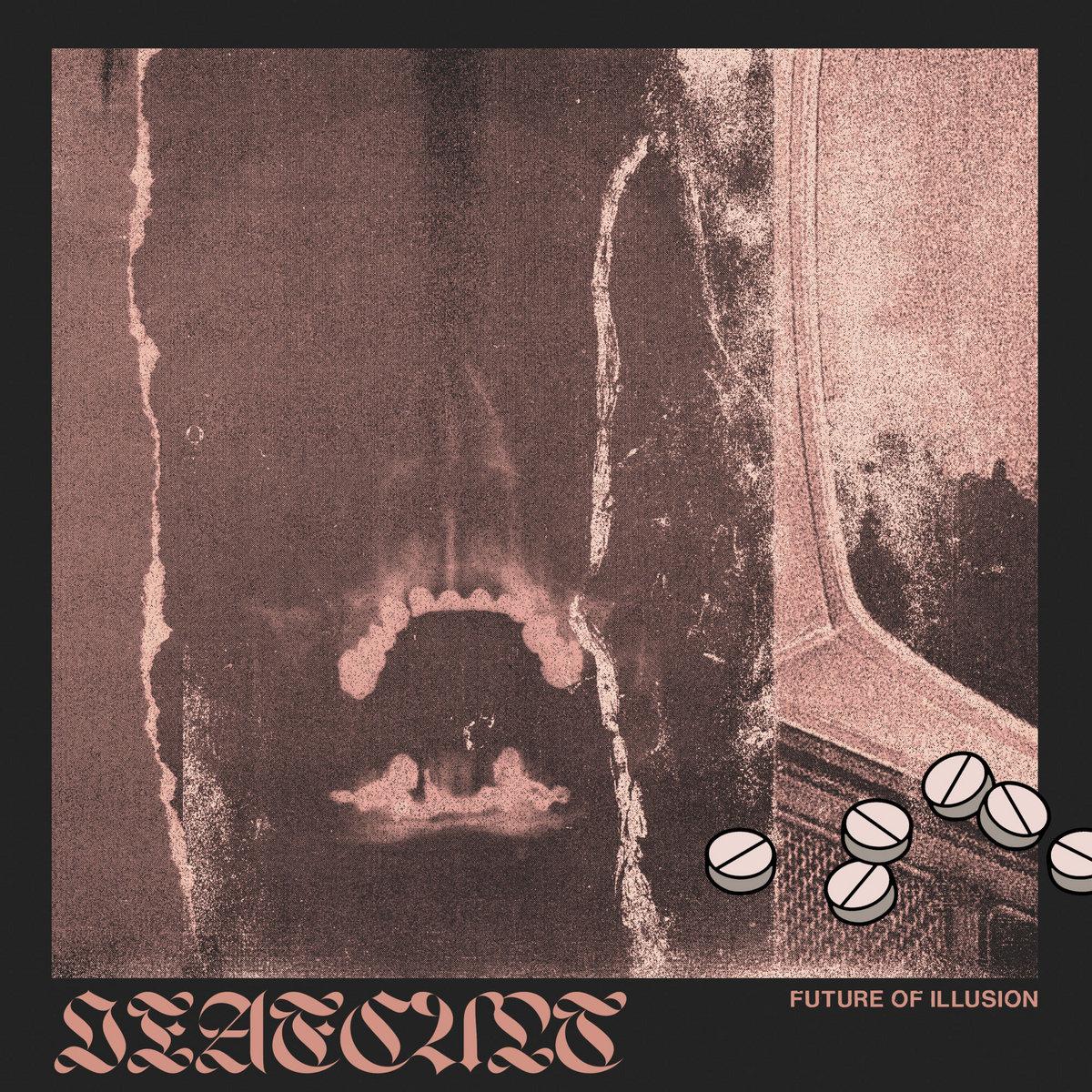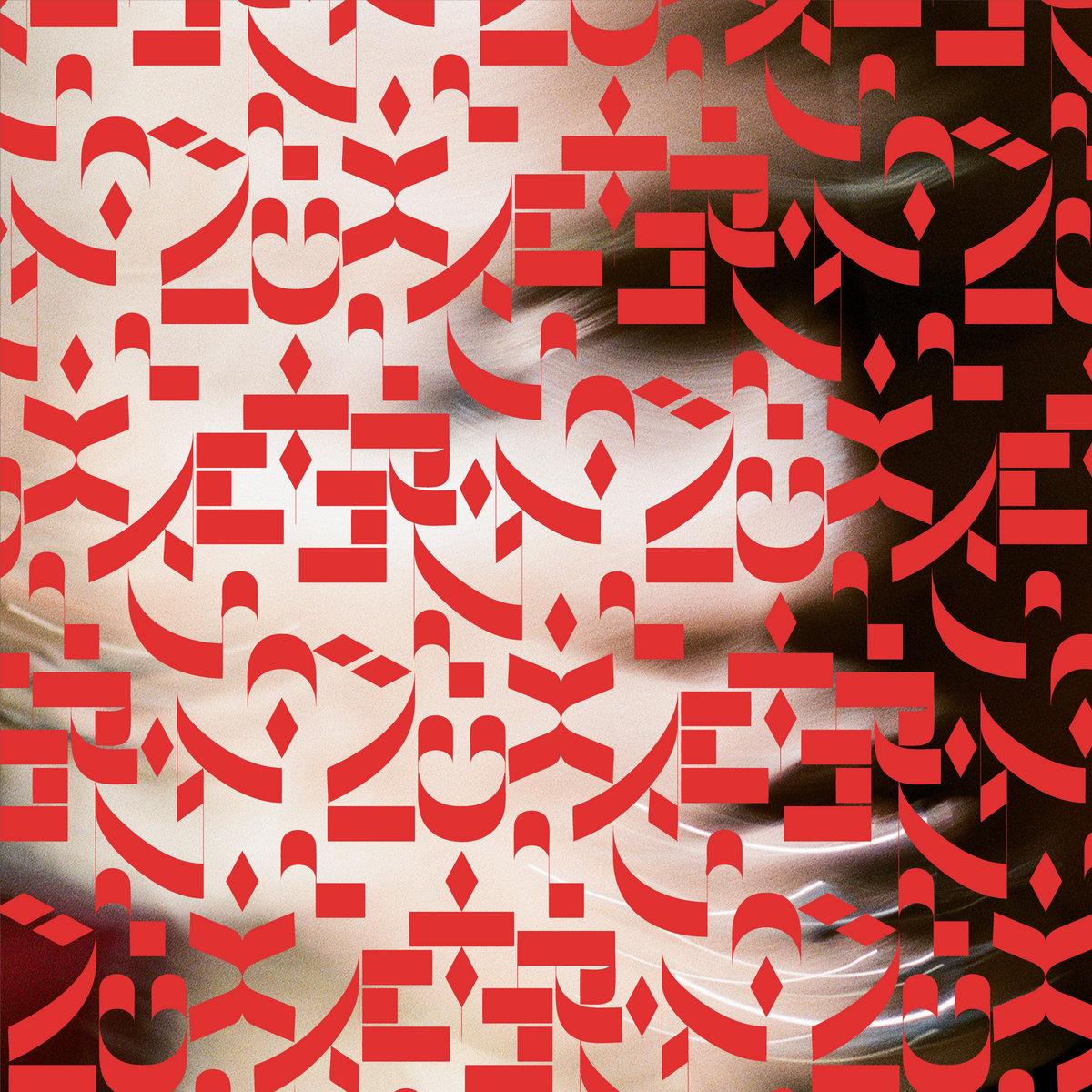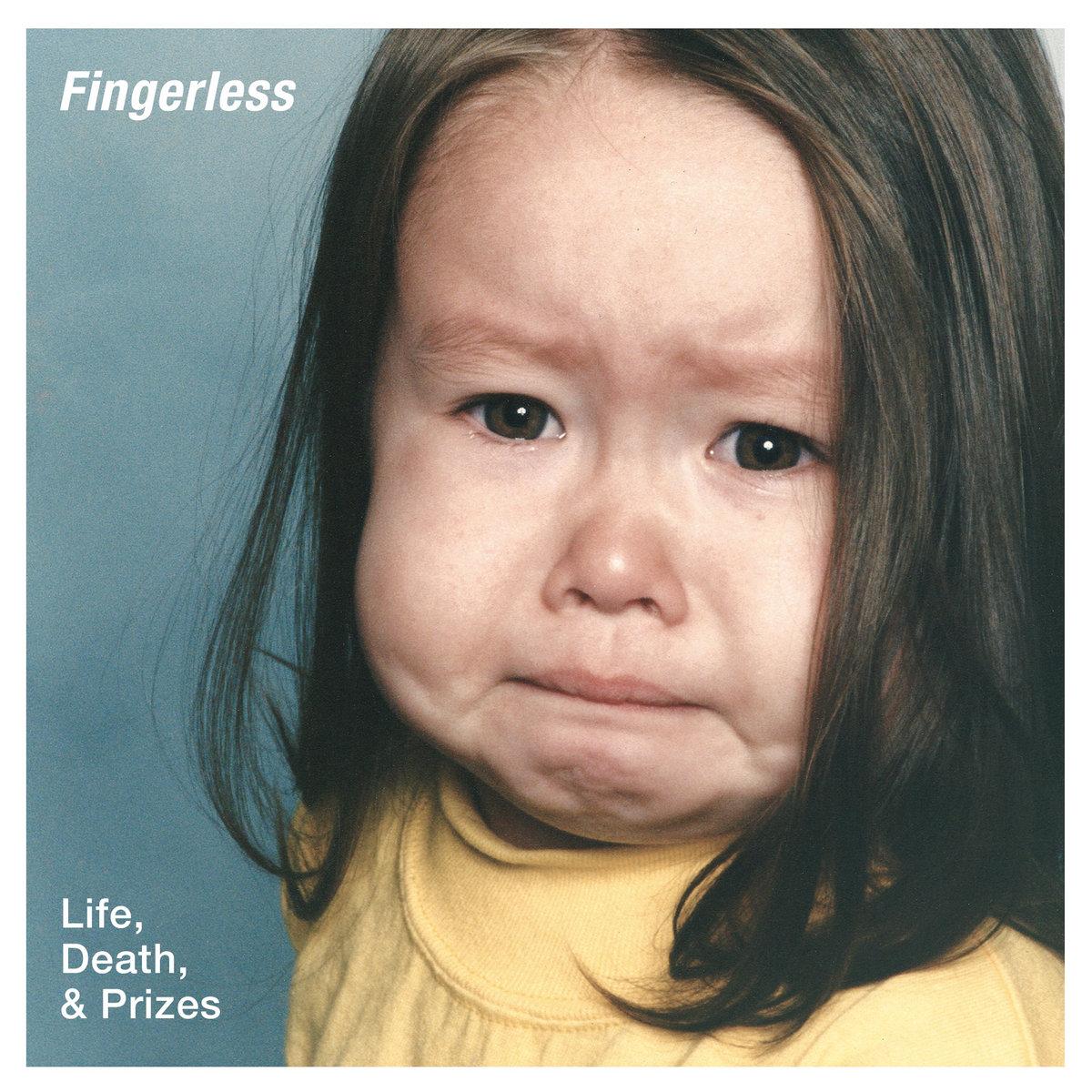
- Swans’ music has always been an exercise in extremity, something to be endured, rather than enjoyed. Early shows were regularly shut down by police due to noise complaints, with volume levels so high, members of the audience would vomit. Their more recent output is drastically different, though no less intense, pushing the persistence of their audience through the sheer length of their albums.
Frontman and guitarist, Michael Gira, has been Swans’ only constant member since their inception in 1982. Throughout the group’s history, personnel changes have been regular and the group has endured through long periods of silence, inactivity and hibernation. This constant state of death and rebirth, coupled with Swans’ continual evolution, results in a band that is not afraid of taking risks, allowing them the freedom to confront, and to challenge, any of their audience’s preconceptions and expectations.
Since 2010 Gira has been presaging and funding Swans albums via a crowd funding method, releasing limited and exclusive collections of demos, then utilising the profits to turn the demos into a proper album. The Beggar, Swans’ latest release, was preceded by Is There Really A Mind? which contained rough versions of each of The Beggar’s songs, with the exception of the almost forty-five minute long, The Beggar Lover (Three).
Daunting in scope and clocking in at just over two hours, The Beggar is an absolute behemoth of an album. It almost serves as a gauntlet to the listener, not just challenging, but goading and daring them to make it to the end. Over the years Swans have gradually sacrificed sheer sonic brutality for more subtle, psychological tests of aural endurance, relying heavily on repetition, often pushing this concept well beyond its logical extreme.
Beggar Lover (Three) is essentially an album within an album, a metaphor for everything Swans stands for and a logical extension of what the group have been working toward since reforming in 2010. Not included on physical releases, but made available via a download code, Beggar Lover (Three) is longer than most traditional albums and roughly ten times the average length of a typical pop song.
Surprisingly, the song never drags, meanders, or loses its way, which is no mean feat given its length. Echoing elements of eastern religious music and even Gregorian chant - something present in several of the album’s other songs - the result is almost meditative, imparting the song with soporific, faintly narcotic properties. Beggar Lover (Three) emerges, slowly, like a leviathan from the depths, gradually revealing itself while leaving the listener in awe of its size and scope, an epic highlight of Melvillean proportions, on an already gargantuan album.
Heavy, in both sound and content, Swans have never been the easiest band to digest and the songs on the The Beggar are no exception. Gira’s lyrics typically revel in the crepuscular, exploring the destruction of the mind and the decay of the body, alongside a borderline fetishistic obsession with religious themes of domination and supplication.
The Beggar is a ten-minute exercise in depravity detailing the relationship between a willing slave and their master. Gira speaks - or more accurately, intones, rather than sings - over swirls of feedback and a repetitive, dirge-like guitar riff. “I am the slaughter at your altar / That’s where my will to live begins / That’s where my need for you begins / That’s where my love for you begins / My love for you will never end.” There is a subtle brutality in his deadpan delivery that really unsettles the soul, he sounds so matter of fact, almost mundane, like someone who has seen the worst the world has to offer, yet ceases to be moved by even the most outrageous abuses.
For all the explorations of darkness there are moments of light, small oases that break up the barren desert of vice and perversion that is all in a day’s work for the members of Swans. Unforming is a gentle song, replete with piano interludes, about self-discovery, acquiescence and release, while its spiritual companion, No More of This, is an unexpectedly beautiful treatise on the acceptance of death. Whether the protagonist’s passing is self-inflicted or not is unclear, but the uplifting, choral coda makes for a stunning end to a particularly lovely song. This beauty continues through Ebbing, which forms the third and final part of a thematically linked song cycle about the end of one’s existence, with a dramatic crescendo that feels like a final farewell.
Where previous albums, such as To Be Kind and The Glowing Man, would simmer slowly before exploding sporadically, and often unexpectedly, into cacophonous bursts of noise, The Beggar is a near constant slow burn. Mesmerising and hypnotic, this is an album of dramatic, demanding music that, despite a lack of musical heaviness, bears its weight in words. Gira’s lyrics read like a man at the end of his tether, or the end of his life (it is never made obvious which) and on the cusp of a climactic, final release. Depending on the interpretation, some songs could almost be considered uplifting, a relative first for a group not known for their power of inspiration. That said, these moments of levity are fleeting and there is still plenty of debasement and degradation to wallow in, Swans being Swans, after all.
- Nick Stephan.


